Swiss Watching has had a makeover
November 30, 2018, 2 Comments
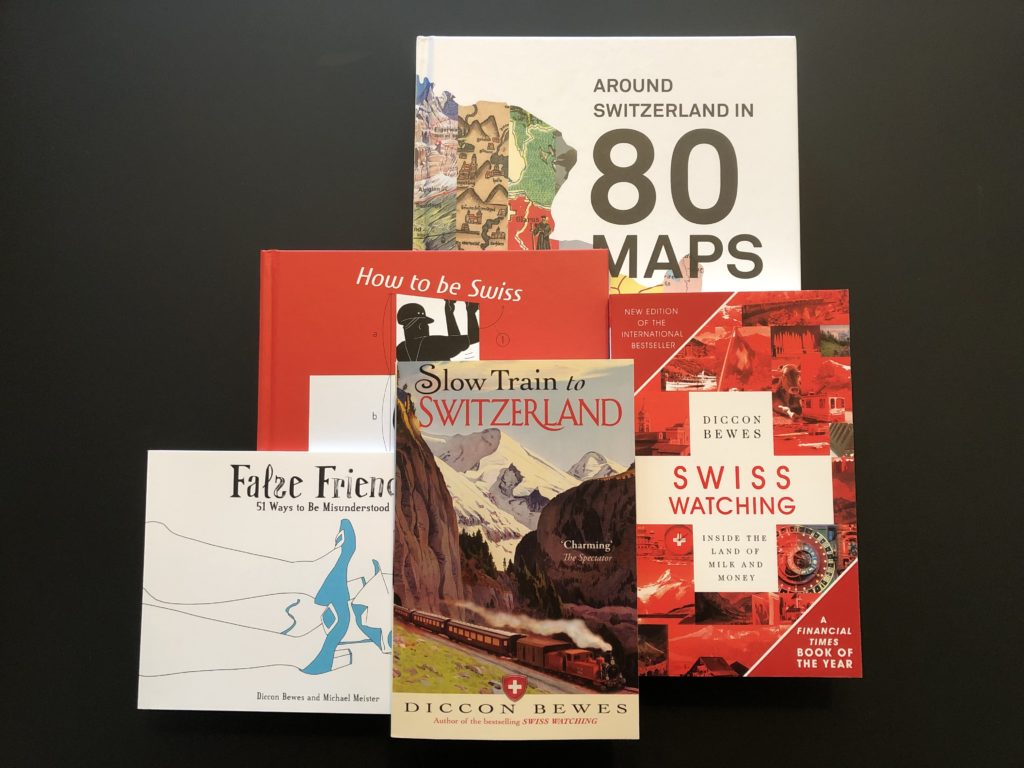
My family of books has a new addition. Or, more correctly, a new edition. Swiss Watching is now available in a totally updated 3rd edition. The first came out in 2010, the second in 2012 (to coincide with the French and German translations) and the third hit the shelves last month. You might think that in six years not a lot has changed – this is Switzerland, after all – but it’s not only all the stats and facts that have been updated. A whole new chapter has been added.
A new chapter for the book, a new chapter for my life in Switzerland. I have started the process of naturalisation, the long road to becoming Swiss. Like most things in Switzerland, it takes time and money but is worth it in the end.
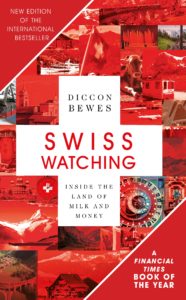 For me it began last year with language tests and the knowledge of Switzerland exam. Reader, I passed both. Thank goodness, or it might have been rather embarrassing. Then I had to prove I was a real person and unmarried, neither of which was as easy as it sounds given that I come from a country with no ID cards or civil registry for unmarried people.
For me it began last year with language tests and the knowledge of Switzerland exam. Reader, I passed both. Thank goodness, or it might have been rather embarrassing. Then I had to prove I was a real person and unmarried, neither of which was as easy as it sounds given that I come from a country with no ID cards or civil registry for unmarried people.
Slightly simpler was showing that I’m not a criminal, have never been bankrupt, have paid my taxes and am not in debt: each of those merely required a stamped certificate from the relevant Swiss office. For a fee, of course.
One year on, I’m waiting for my first interview. A bit nervous but happy that I’m (hopefully) on the way to becoming a Swiss citizen. Or at least, a Bernese citizen as I have to be accepted by my community first.
The new chapter of Swiss Watching looks at the naturalisation process in Switzerland, where there are federal rules but also local and cantonal variations. It also has 24 sample questions for the Swissness test, so you can see if you know enough to become Swiss (even if you already have that little red passport).
For starters, here are a few questions to get you in the mood:
- Which canton has the most inhabitants?
- In which year did Switzerland become a federation?
- Which national language is not an official language?
- Who elects the Federal Supreme Court?
- After the publication of legislation, how long is the time limit for collecting signatures to force an optional referendum?
- How often is the Swiss Federal Parliament elected?
- When is Swiss National Day?
- Who has to have medical insurance?
- Which sector of economy has the largest percentage of foreign workers?
- What is the emergency telephone number for an ambulance?
Most of those are extra questions not in the new chapter but the answers to all these (and the ones in the book) can be found somewhere in Swiss Watching. Or you can click here for the answers to these ten.
I’ll let you know how I get on.





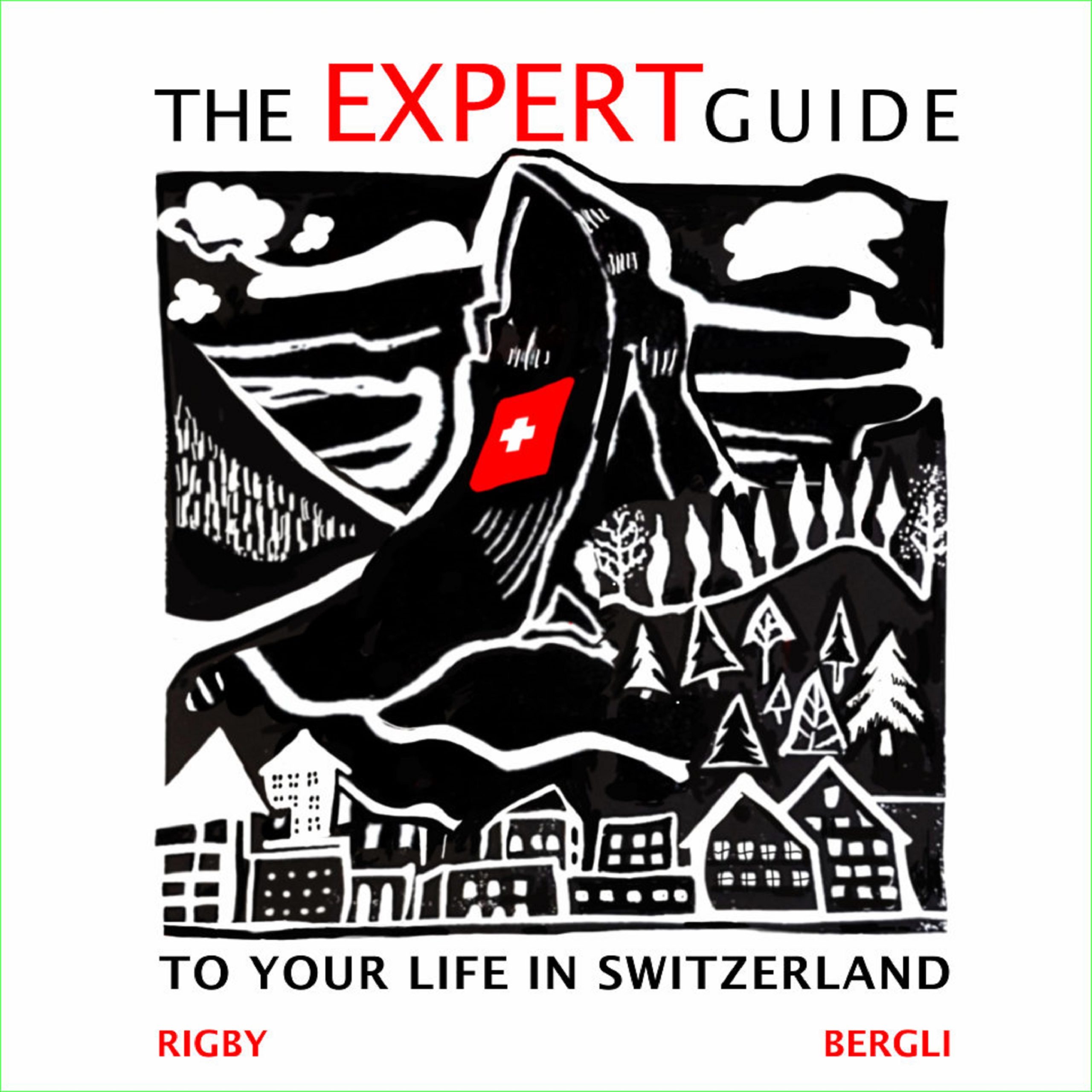
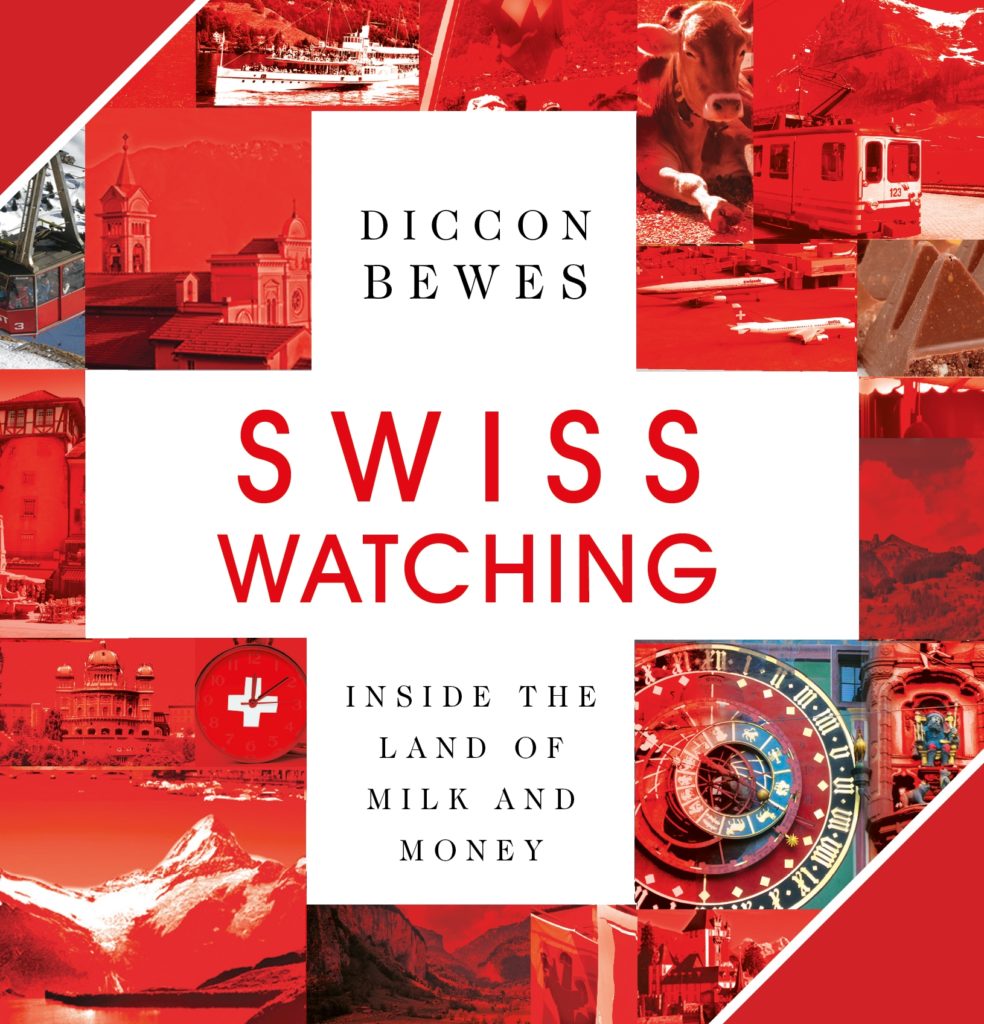

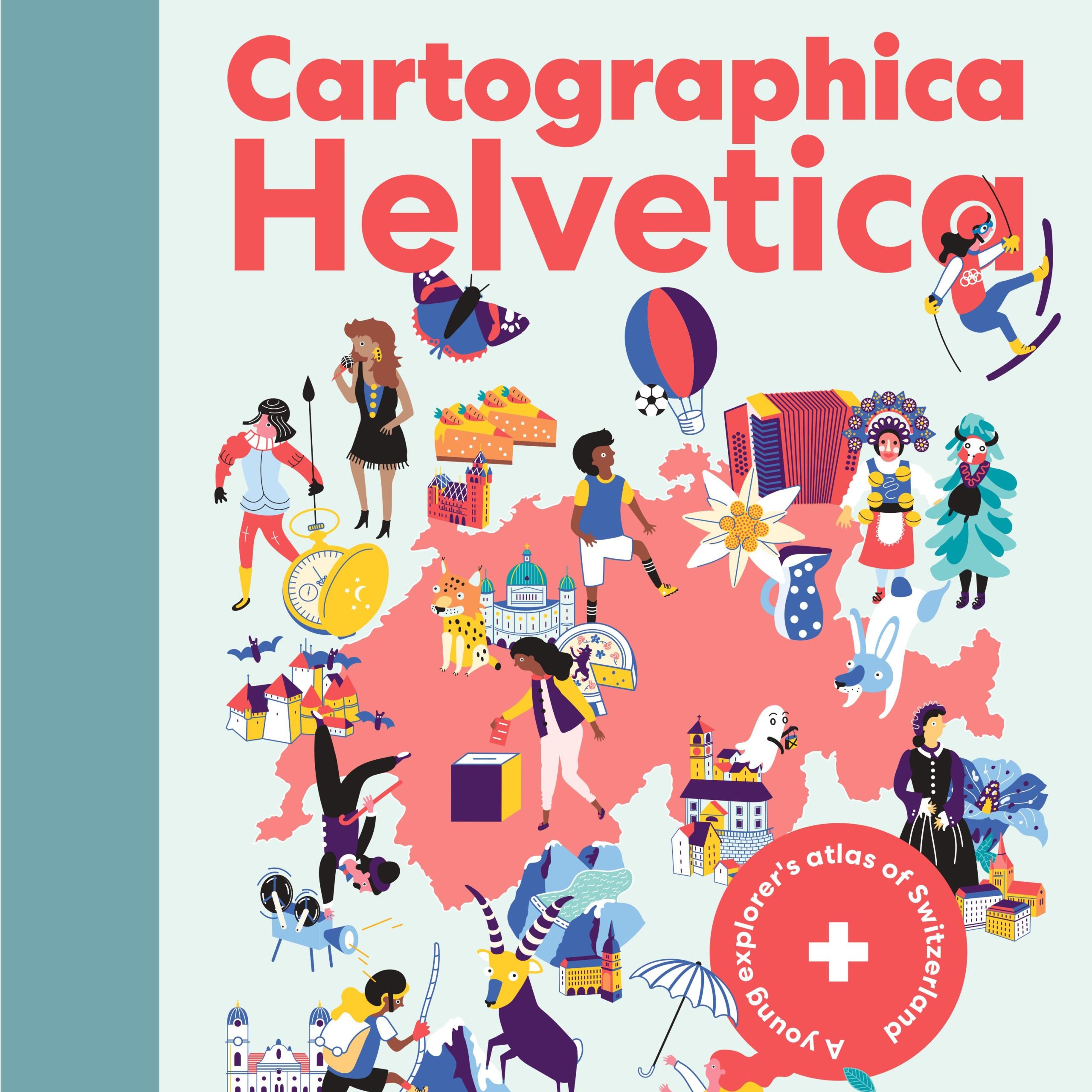
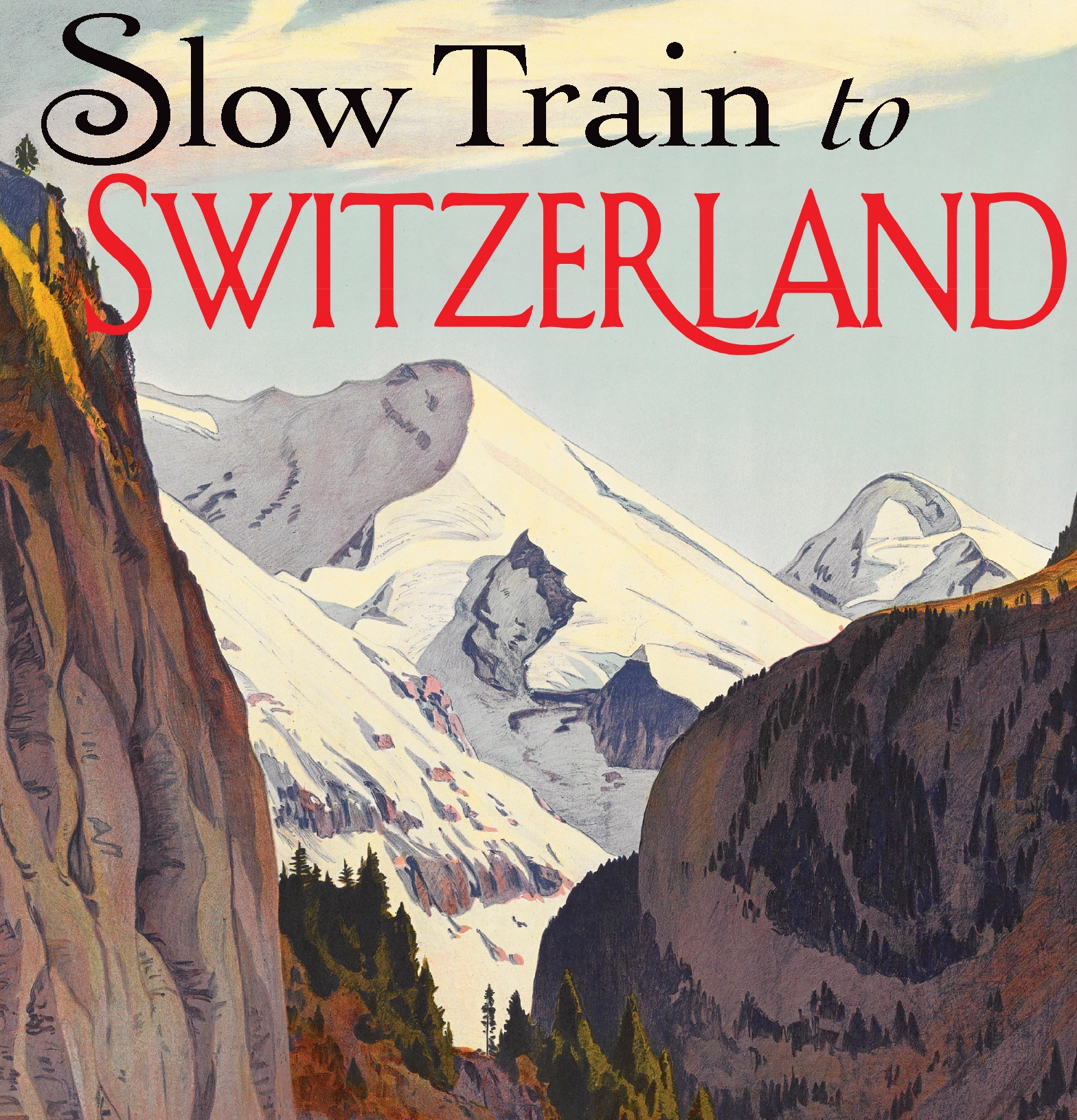
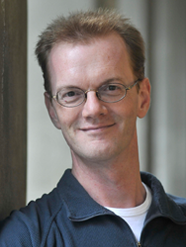
 Follow on Facebook
Follow on Facebook Follow on Twitter
Follow on Twitter Subscribe by RSS
Subscribe by RSS Contact me directly
Contact me directly Global Solutions Inc.
Global Solutions Inc.
2 Comments on "Swiss Watching has had a makeover"
Hi Diccon,
I stayed in Basel-Stadt for 6 months at the end of 2017. I was given a copy of Swiss Watching as a farewell gift by my German language partner. I finally reached it in my to-read list and finished it shortly afterwards. It was a very entertaining read, thank you for writing it!
I of course came here to read your thoughts on things that happened after publication, such as Brexit from the view of a British-Swiss immigrant and the referendum on ending free movement.
I was delighted to read you have a third edition. Might it be possible for owners of previous editions to read the new material somewhere online, or should I check in a library? I suspect it’s the latter but thought it worth asking.
I hope you’re having a great summer, and that naturalisation went smoothly (not having read more recent posts in the blog yet)!
Best wishes,
Liam
Hi Liam
Thanks for the message. Glad you liked the book. As you guessed, the new edition is only available in the book (either real or as an e-book). But a library should be able to get the third edition for you so you can see the new material. It’s updated throughout but with a whole new section on naturalisation.
Best wishes
Diccon